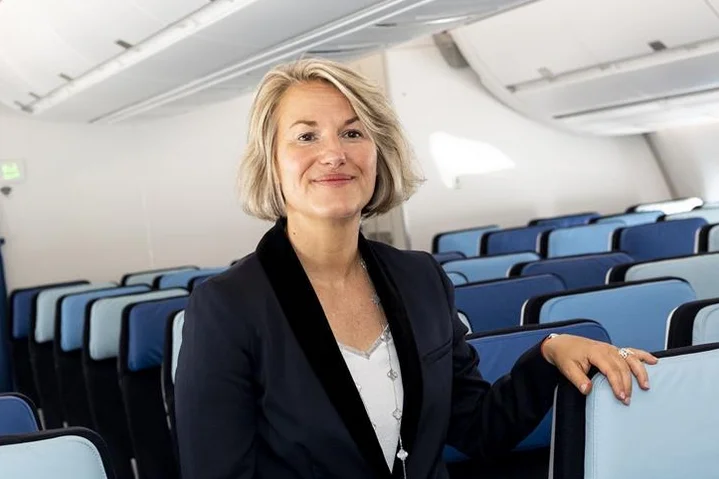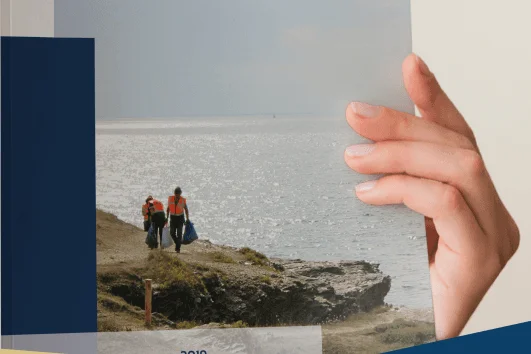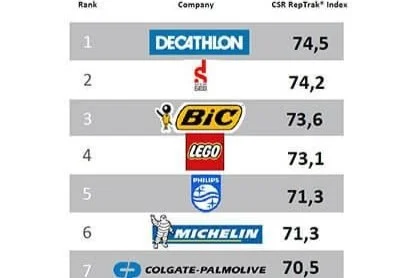Sustainability and airline success now inexorably linked: Air France chief

The rise of sustainability as a challenge for the airline industry has been accelerated by the Covid-19 pandemic, to the point where business success is inexorably linked to carriers significantly reducing their environmental footprints, in the view of Air France chief executive Anne Rigail.
“We need to be competitive to be sustainable, and if we are not sustainable, we will not have any customers any more in our aircraft,” Rigail states during a CAPA Live event today. “So, both are totally linked.”
Since 2019, sustainability has rocketed up the airline agenda, Rigail explains, amid rising expectations among the travelling public. And the imperative to address the issue is becoming “all the more acute” as living through a devastating global health crisis causes people to question the future impact of “ecological emergencies”.
To meet this challenge, “we have to be very transparent on our environmental impact”, Rigail says. “Our duty is to reassure our customers that we are doing our utmost, with all the stakeholders… so that we can [offer] the most sustainable travel.”
With that goal in mind, airlines will need to be competitive enough to pay for the fleet renewals that deliver greater efficiencies, alongside investments in sustainable aviation fuels, which Rigail notes are extremely expensive today.
At Air France, fleet investments – and the “20-25%” efficiency savings they bring – have been protected, despite the need to cut capital expenditure during the Covid-19 crisis, Rigail says.
The SkyTeam carrier is continuing to receive 38 Airbus A350-900s – with six taken so far, according to Cirium data – while the first of 60 Airbus A220s is due to arrive in September this year.
Among the toughest challenges ahead, Rigail observes, long-haul flying is unlikely to be achievable with the electric and/or hydrogen-powered aircraft that could service short-haul routes by the mid-2030s.
 Albania
Albania Algeria
Algeria Andorra
Andorra Argentina
Argentina Armenia
Armenia Australia
Australia Austria
Austria Azerbaijan
Azerbaijan Bahrain
Bahrain Belgium
Belgium Bolivia
Bolivia Brazil
Brazil Bulgaria
Bulgaria Cambodia
Cambodia Cameroon
Cameroon Canada
Canada Chad
Chad Chile
Chile China
China Colombia
Colombia Costa Rica
Costa Rica Croatia
Croatia Cyprus
Cyprus Czechia
Czechia Denmark
Denmark Ecuador
Ecuador Egypt
Egypt Finland
Finland France
France Georgia
Georgia Germany
Germany Ghana
Ghana Greece
Greece Hungary
Hungary Iceland
Iceland India
India Indonesia
Indonesia Ireland
Ireland Italy
Italy Jamaica
Jamaica Japan
Japan Jordan
Jordan Kazakhstan
Kazakhstan Kenya
Kenya Kuwait
Kuwait Latvia
Latvia Lebanon
Lebanon Libya
Libya Lithuania
Lithuania Luxembourg
Luxembourg Malaysia
Malaysia Maldives
Maldives Mali
Mali Malta
Malta Mexico
Mexico Moldova
Moldova Monaco
Monaco Morocco
Morocco Netherlands
Netherlands New Zealand
New Zealand Nigeria
Nigeria North Macedonia
North Macedonia Norway
Norway Oman
Oman




